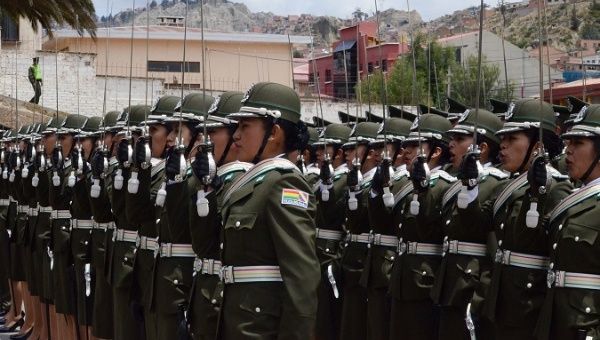Puerto Rico Could Elect Its First Pro-Independence Governor
That could herald the beginning of the end for a 125-year-old colonial relationship.
Historically, Puerto Rico’s electoral politics have been defined by its parties and leaders’ views on the island’s political status. The pro-statehood (PNP) and pro-status quo (PPD) parties have alternated power since 1948 — when the U.S., already 50 years into its rule of Puerto Rico, finally allowed Puerto Ricans to choose their own governor. The Puerto Rican Independence Party (PIP) had always run a distant third, garnering single-digit support.















